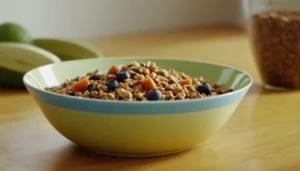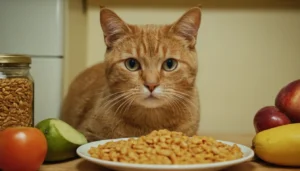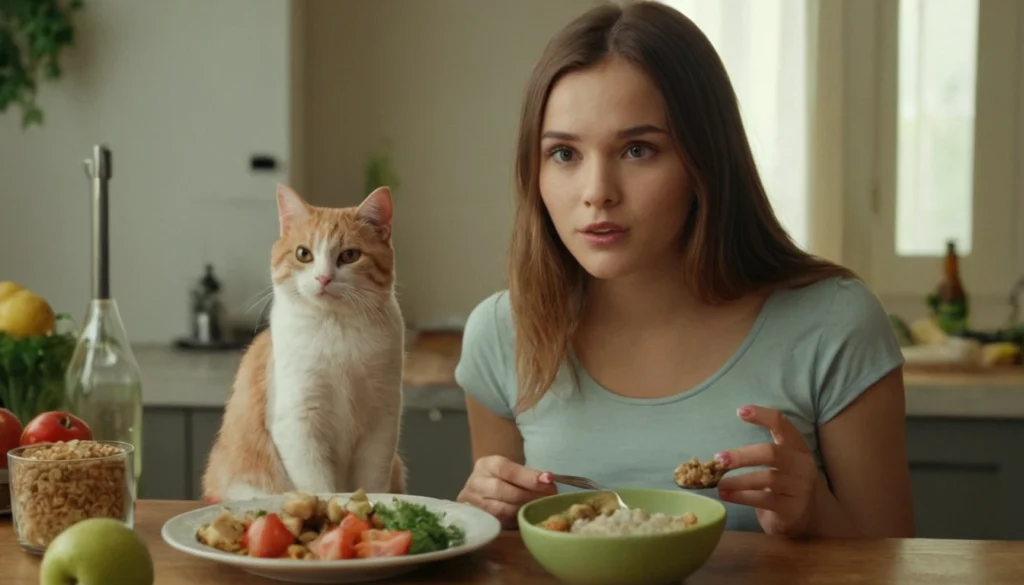Explore the best diet for your cat with expert tips on balanced nutrition, feeding schedules, and choosing the right food. Keep your feline healthy and happy!
The Best Diet for Your Cat with balanced Nutrition
Feeding your cat the right diet is one of the most important responsibilities of a pet parent. A well-balanced diet ensures your feline friend stays healthy, energetic, and free from common health problems. But what constitutes the best diet for your cat? With so many options available, understanding feline nutritional needs can be overwhelming.
Why a Proper Diet is Crucial for Cats

Cats are obligate carnivores, which means their diet must primarily consist of animal-based proteins to meet their nutritional needs. Feeding your cat a proper diet impacts their:
- Energy Levels: The right nutrients fuel their daily activities.
- Skin and Coat Health: Essential fatty acids keep their coat shiny and skin healthy.
- Overall Longevity: A balanced diet reduces the risk of chronic illnesses like diabetes or obesity.
Your Cat’s Nutritional Needs

1. Protein
Protein is the cornerstone of a cat’s diet. It provides essential amino acids like taurine, which cats cannot produce on their own.
2. Fats
Healthy fats are a vital energy source and play a key role in skin and coat health.
3. Vitamins and Minerals
Nutrients like Vitamin A, calcium, and phosphorus support vital functions like vision, bone health, and immune function.
4. Water
Cats often do not drink enough water. A moisture-rich diet is essential for kidney and urinary health.
Tip: Look for high-quality cat food labeled as “complete and balanced” to ensure it meets all dietary requirements.
Types of Cat Diets: What Works Best?
1. Commercial Dry Food
Dry food is convenient and has a longer shelf life. However, it may lack sufficient moisture.
Best For: Busy pet parents looking for an affordable option.
2. Commercial Wet Food
Wet food contains higher moisture levels, making it ideal for cats prone to dehydration.
Best For: Cats with urinary tract or kidney issues.
3. Raw Diets
A raw diet includes uncooked meat, organs, and bones, mimicking a cat’s natural diet in the wild.
Best For: Owners seeking a natural feeding approach (consult your vet first).
4. Homemade Diets
Prepared at home, these diets can be tailored to your cat’s specific needs but require careful planning to ensure they are nutritionally complete.
Best For: Cats with allergies or special dietary needs.
How to Choose the Best Food for Your Cat

1. Check the Label
Look for food labeled as “complete and balanced” by a trusted regulatory authority like AAFCO.
2. Consider Your Cat’s Age
Kittens, adults, and seniors have different dietary requirements.
3. Factor in Special Needs
If your cat has allergies, a sensitive stomach, or medical conditions like diabetes, opt for specialized diets.
4. Read the Ingredients
The first ingredient should be high-quality animal protein, such as chicken, beef, or fish.
Pro Tip: Avoid foods with excessive fillers like corn, wheat, or soy.
Feeding Tips for a Healthy Cat
1. Stick to a Feeding Schedule
Establish a routine to prevent overeating. Adult cats typically do well with two meals a day.
2. Portion Control
Follow the recommended serving size on the food label or as advised by your vet.
3. Monitor Their Weight
Obesity is a common issue in cats and can lead to serious health problems.
Pro Tip: Use a feeding puzzle to slow down eating and provide mental stimulation.
Common Diet-Related Mistakes to Avoid

1. Feeding Dog Food
Dog food does not meet a cat’s nutritional needs and can lead to deficiencies.
2. Overfeeding Treats
While treats are great for training, they should not exceed 10% of your cat’s daily caloric intake.
3. Ignoring Hydration
If feeding dry food, make sure your cat has access to fresh water at all times.
Pro Tip: Consider a pet fountain to encourage your cat to drink more water.
Special Considerations for Senior Cats
Senior cats often require diets lower in calories and higher in fiber to support digestion. Joint supplements and additional hydration are also crucial.
Homemade vs. Store-Bought: Which is Better?
Both homemade and store-bought options can be excellent, provided they meet your cat’s nutritional needs. Consult your vet or a pet nutritionist before making a switch.
Providing the best diet for your cat ensures their overall health, energy, and happiness. By understanding your cat’s nutritional needs and choosing high-quality food, you can set them up for a long and healthy life.
Key Takeaways:
- Prioritize high-quality, protein-rich food.
- Match the diet to your cat’s age and special needs.
- Maintain proper portion control and hydration.
For more insights, check out:
